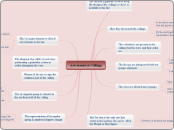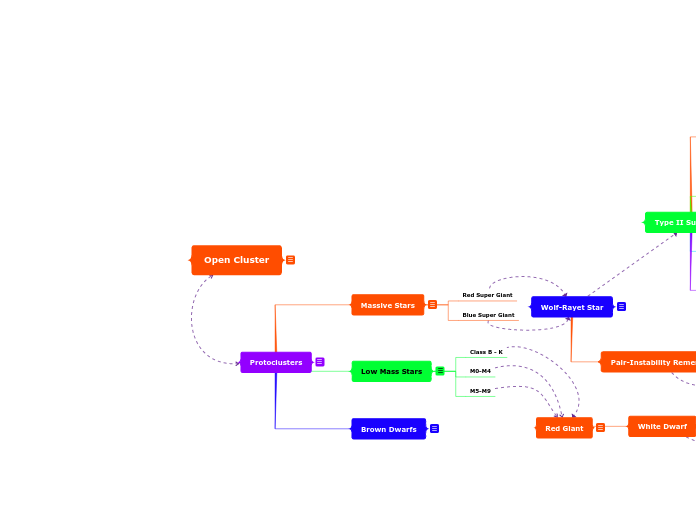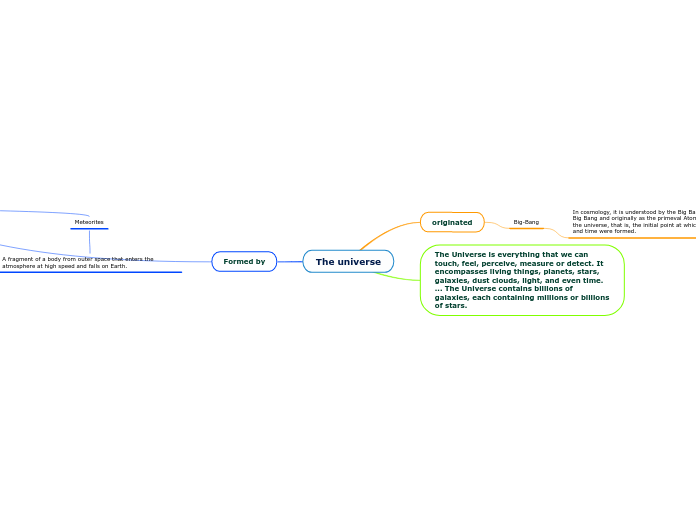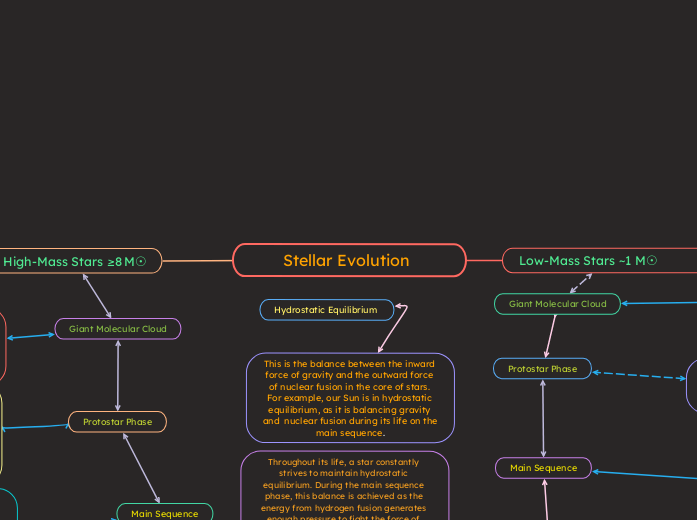av Nahla Hoballah 11 år siden
382
Astronomical Ceilings
The ancient Egyptians meticulously designed their ceilings to reflect the sky as accurately as possible. They illustrated astronomical elements such as the Foreleg constellation, now known as the Big Dipper, and integrated various groups of stars and planets.









